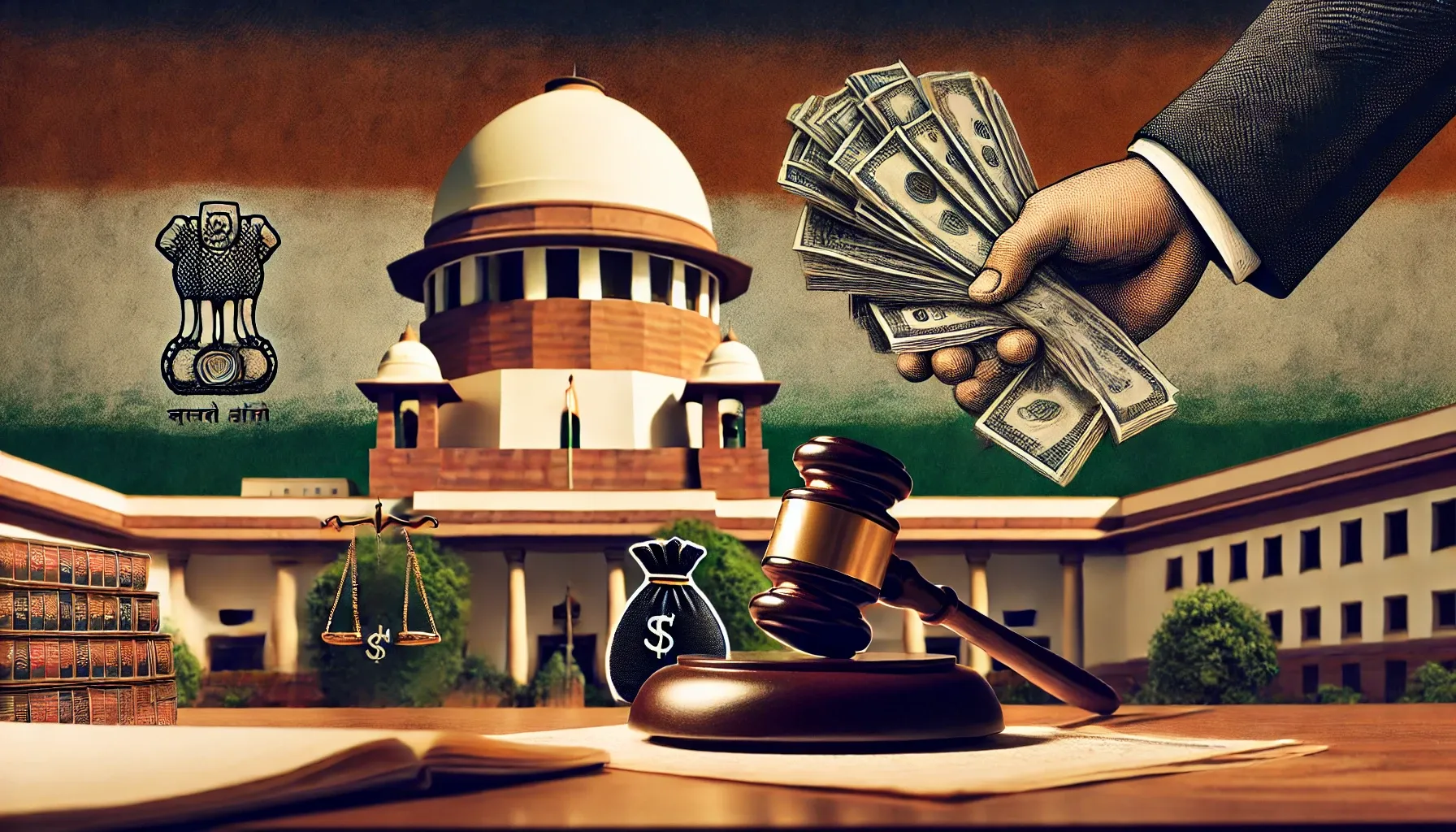The Supreme Court ruled that while a second FIR for the same offence is not allowed, a second FIR for a distinct offence or new facts can be registered. The case involved widespread corruption.

On February 19, 2025, the Supreme Court of India ruled on the permissibility of registering a second First Information Report (FIR) in cases where a new or distinct offence arises, even if related to an earlier incident. The Court emphasized that while a second FIR cannot be filed for the same offence, a second FIR is allowed when a separate offence or new facts surface. The case at hand involved an appeal by the State of Rajasthan against the High Court's decision to quash a second FIR against an official of the Bio-fuel Authority, Surendra Singh Rathore, who was accused of widespread bribery.
The judgment provided important guidelines about when the registration of a second FIR would be legally permissible. The ruling clarified that while a second FIR for the same offence is impermissible, a second FIR for a different offence is permissible.
Key Circumstances for Registering a Second FIR
The Supreme Court outlined the circumstances under which a second FIR could be registered:
- When the second FIR is a counter-complaint or presents a rival version of a set of facts, in reference to which an earlier FIR has already been filed.
- When the scope and nature of the two FIRs are distinct, even if both arise from the same set of circumstances.
- When investigation or other avenues reveal that the facts in the earlier FIR are part of a larger conspiracy.
- When new facts or circumstances are uncovered by investigation or individuals related to the incident that were previously unknown.
- When the incident is separate and the offences involved, whether similar or different, merit a new FIR.
Case Details
The case before the Supreme Court involved the State of Rajasthan's appeal against the High Court's ruling that had quashed the second FIR filed against Surendra Singh Rathore, an official of the Bio-fuel Authority.
- The first FIR was filed after three individuals complained to the Anti-Corruption Bureau (ACB), alleging that Rathore demanded a bribe for bio-diesel sales and license renewal.
- The second FIR, based on ACB surveillance, accused Rathore of being involved in a wider bribery scheme with middlemen. The respondent filed a petition under Section 482 CrPC, arguing that the second FIR was repetitive and an abuse of process.
- The High Court quashed the second FIR, agreeing that the allegations were repetitive. However, the Supreme Court found this decision to be erroneous, stating that the two FIRs had distinct scopes.
Supreme Court's Ruling
The Supreme Court rejected the High Court's decision, noting that the two FIRs were distinct:
- “The FIR prior in point of time refers to a particular incident and the action taken therein is limited. The second FIR pertains to the larger issue of widespread corruption in the concerned department and, therefore, is much larger in its scope than the previous FIR.”
The Court cited the case of Anju Chaudhary v. State of U.P. (2013) 6 SCC 384, where the concept of a second FIRwas discussed at length, concluding:
- “There cannot be two FIRs registered for the same offence. However, where the incident is separate; offences are similar or different, or even where the subsequent crime is of such magnitude that it does not fall within the ambit and scope of the FIR recorded first, then a second FIR could be registered.”
Given that the second FIR addressed a broader issue of corruption, the Court allowed the appeal and set aside the High Court's ruling.
Case Title: STATE OF RAJASTHAN VERSUS SURENDRA SINGH RATHORE
Attachment:





